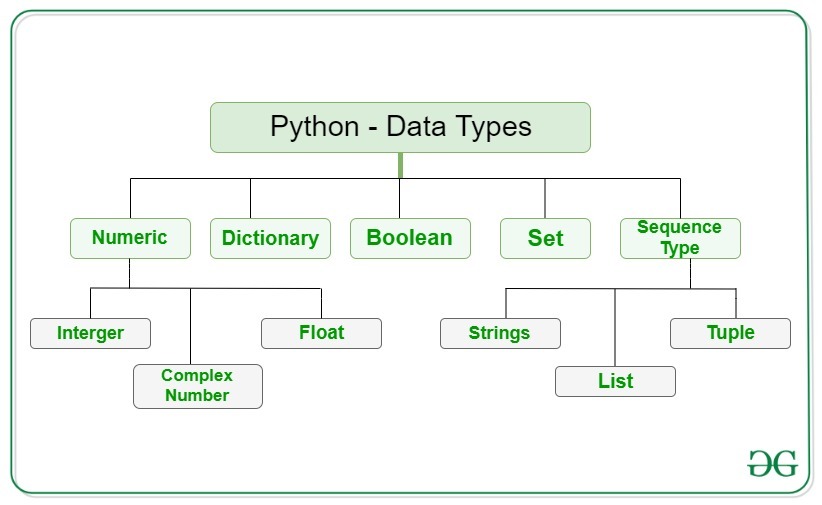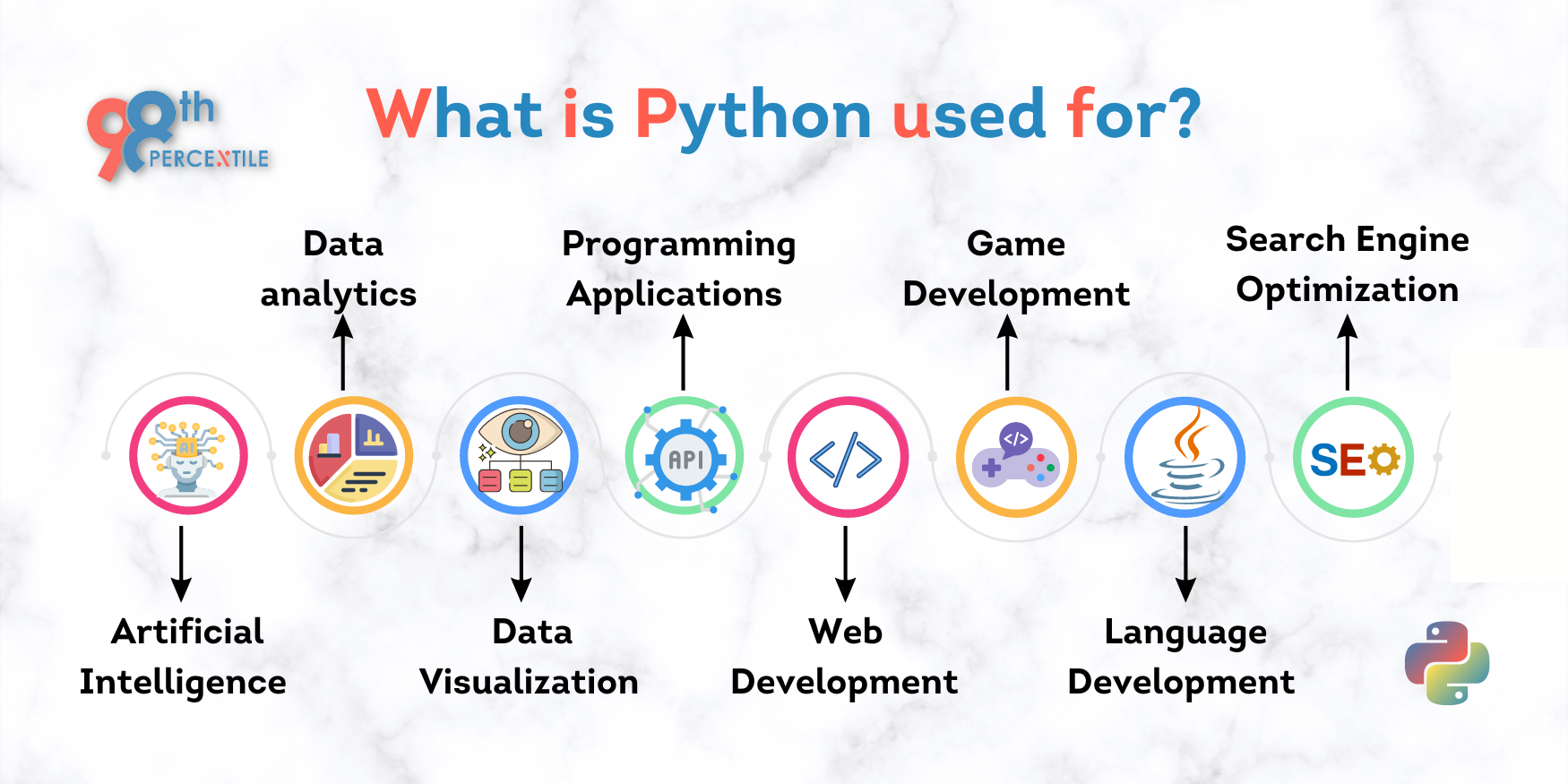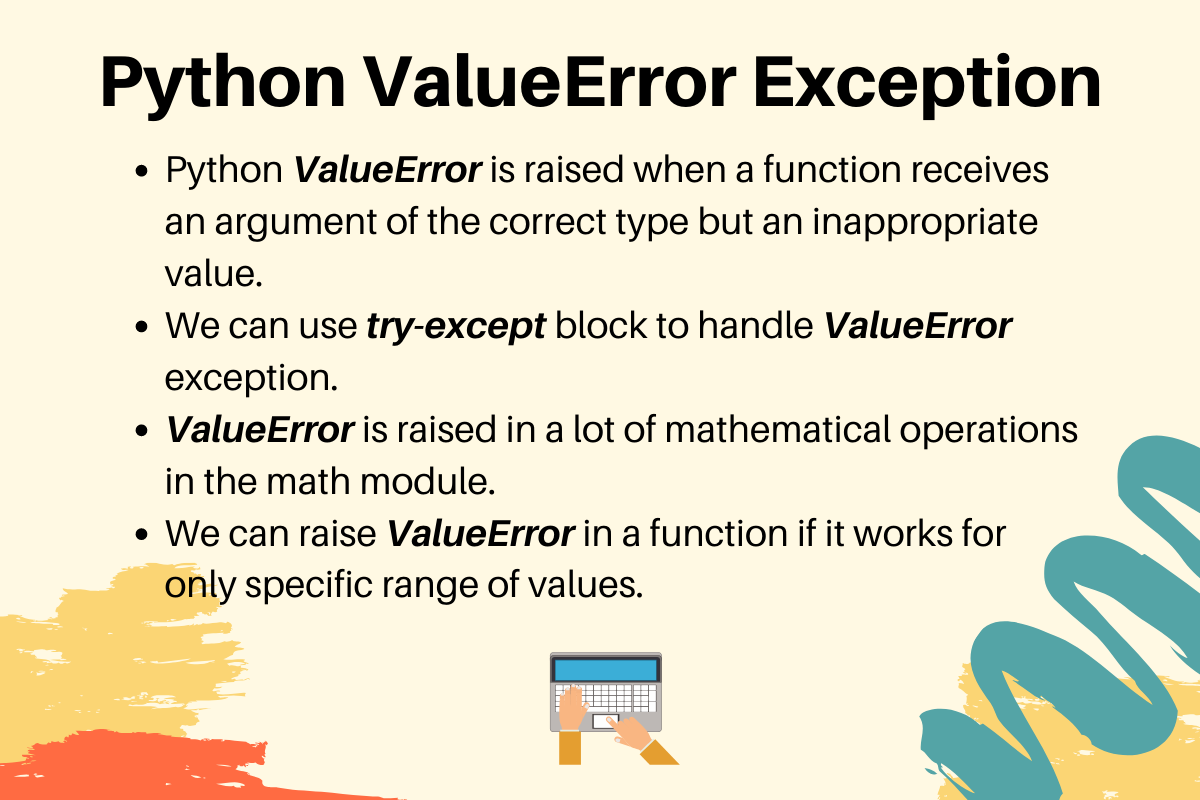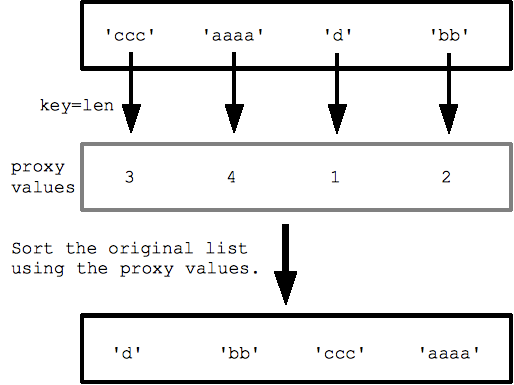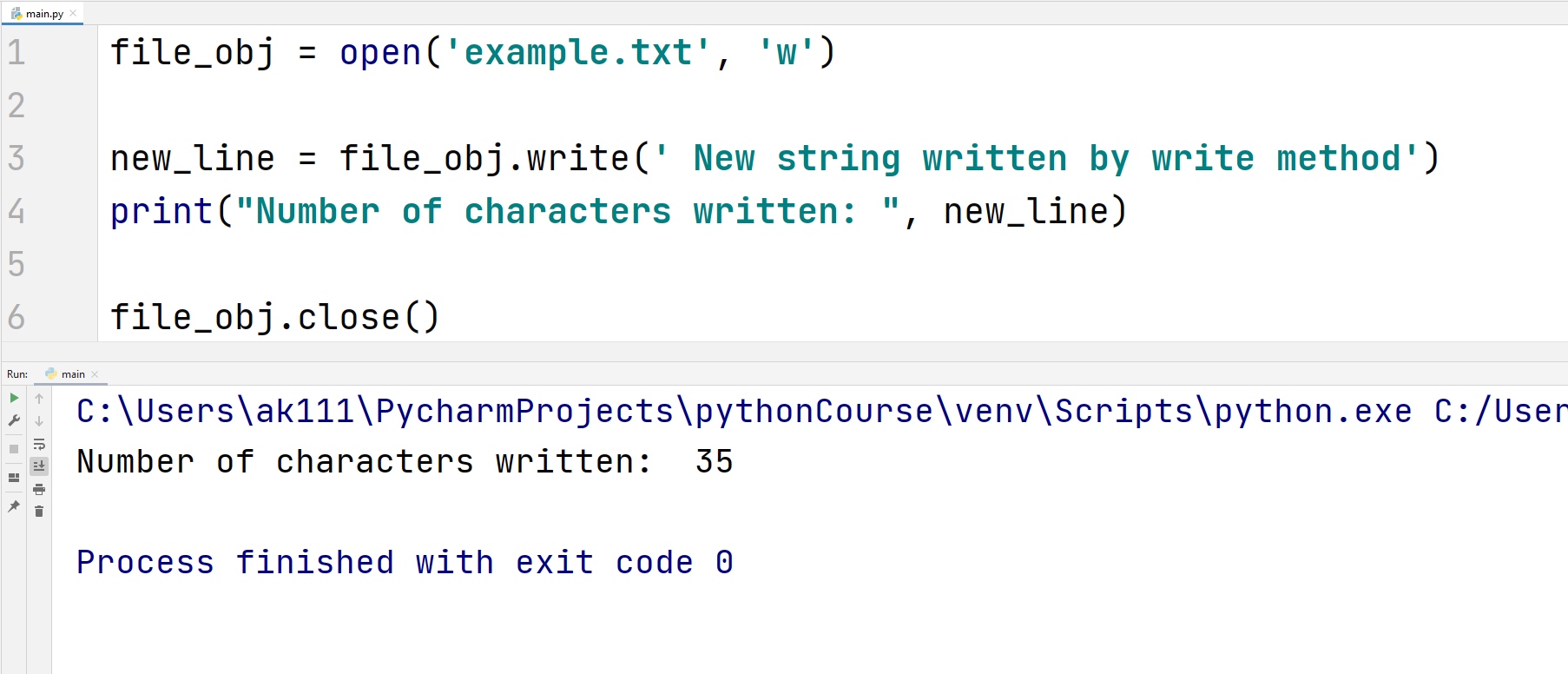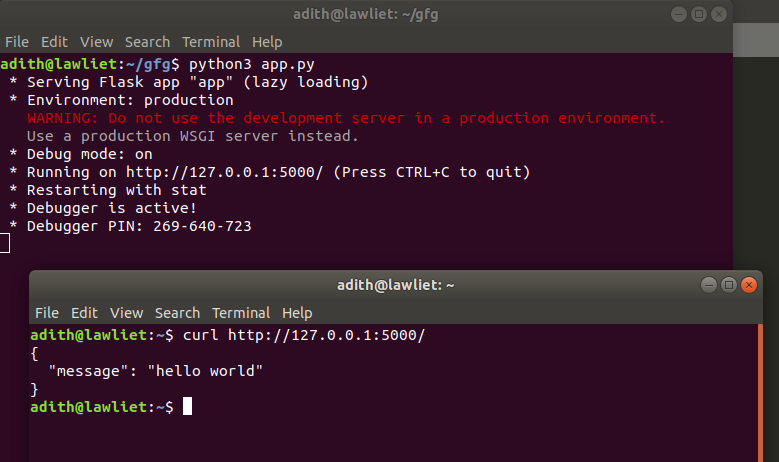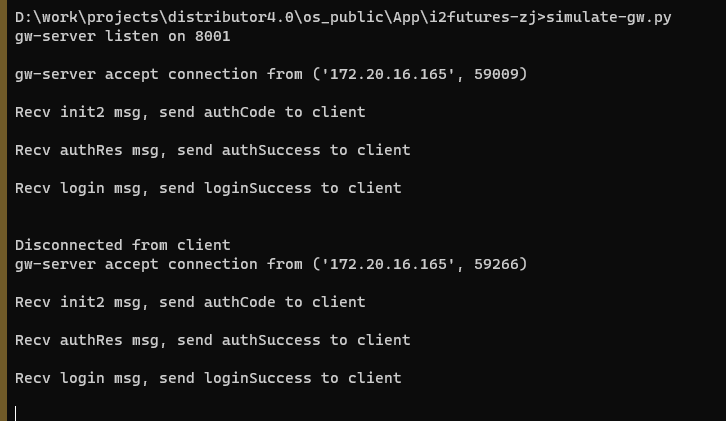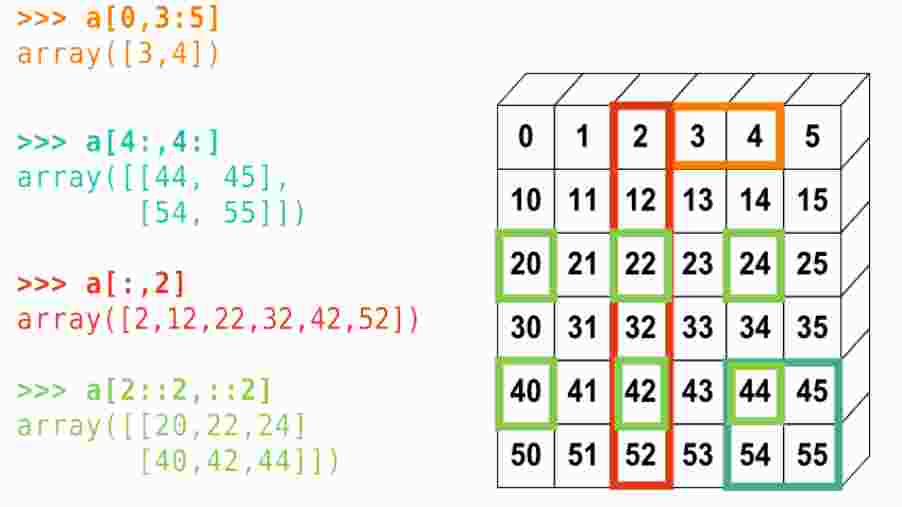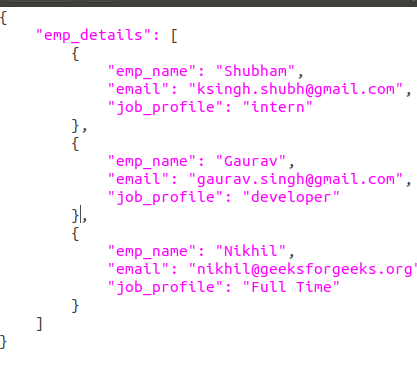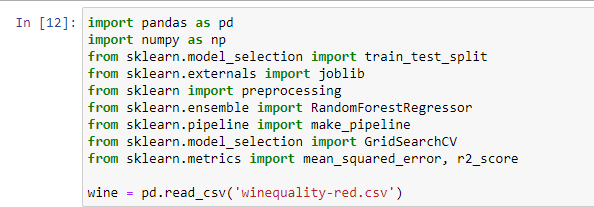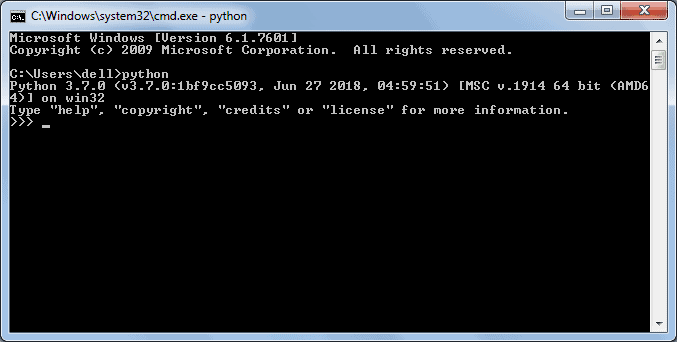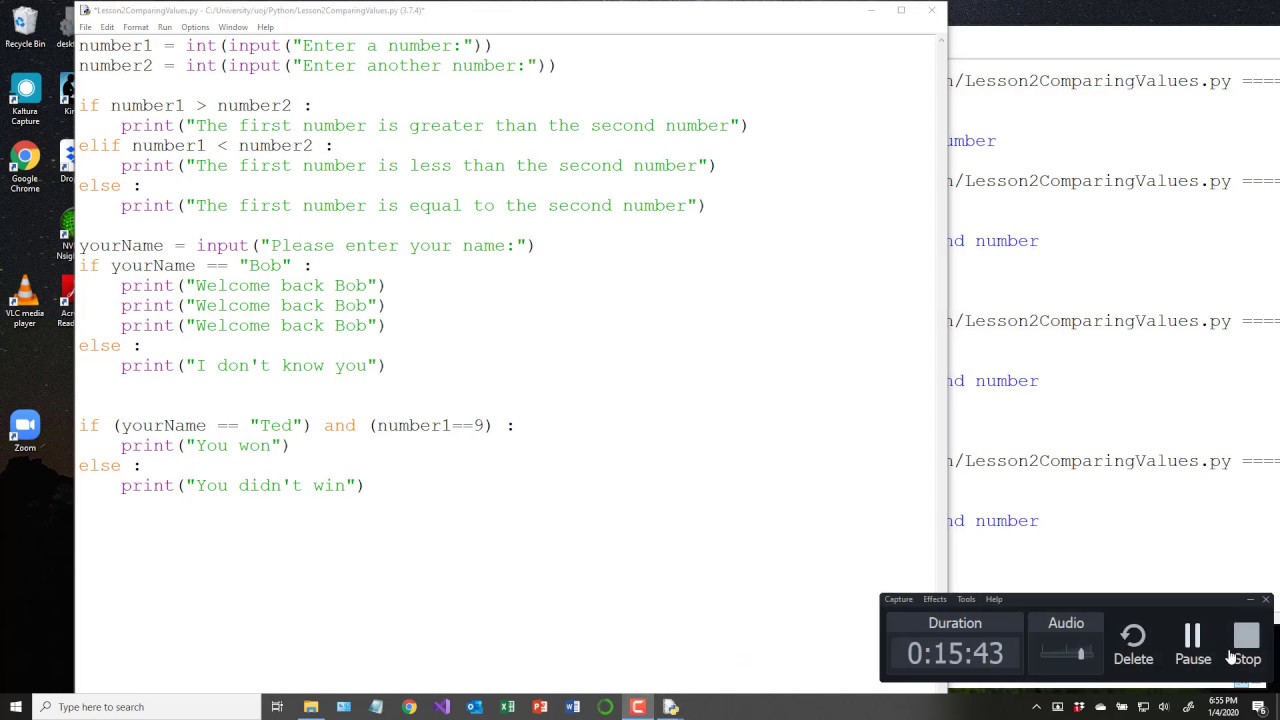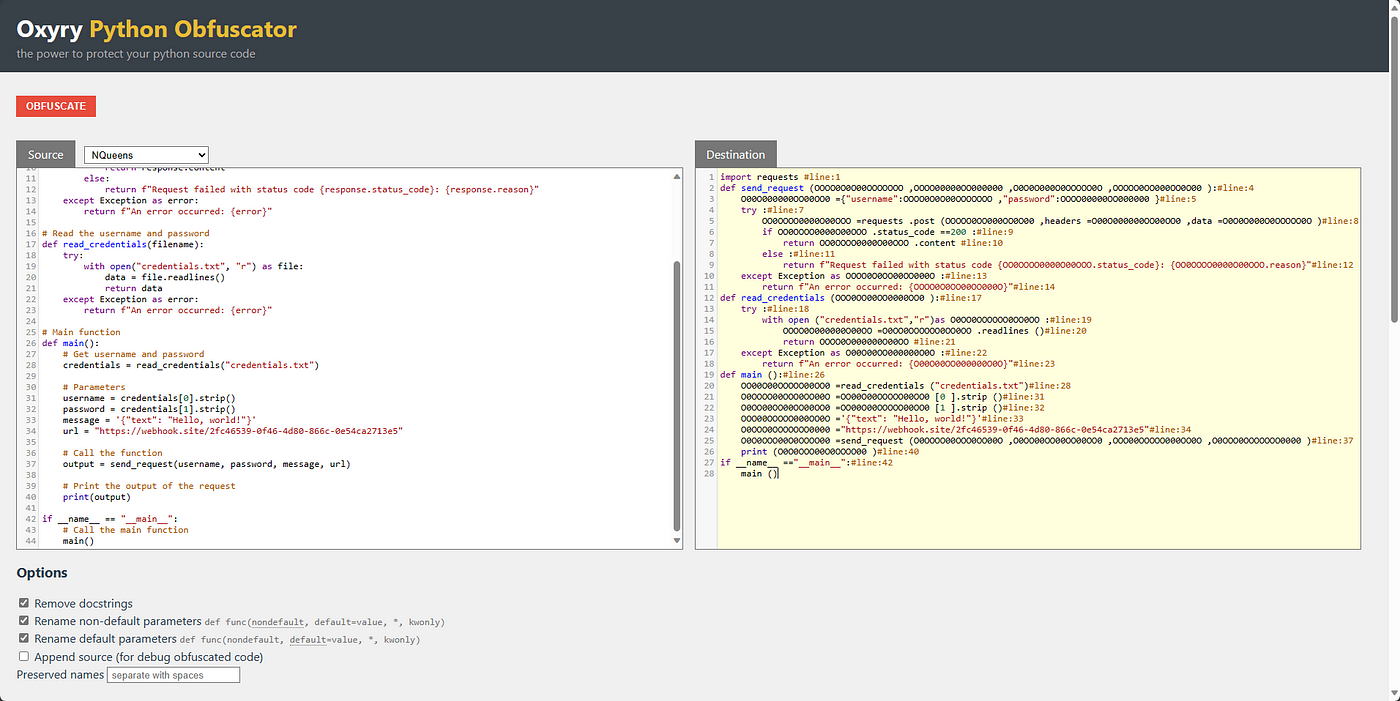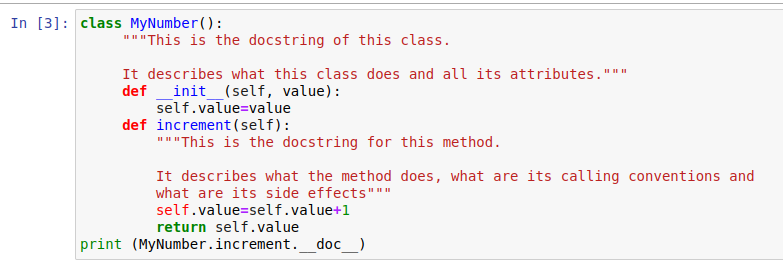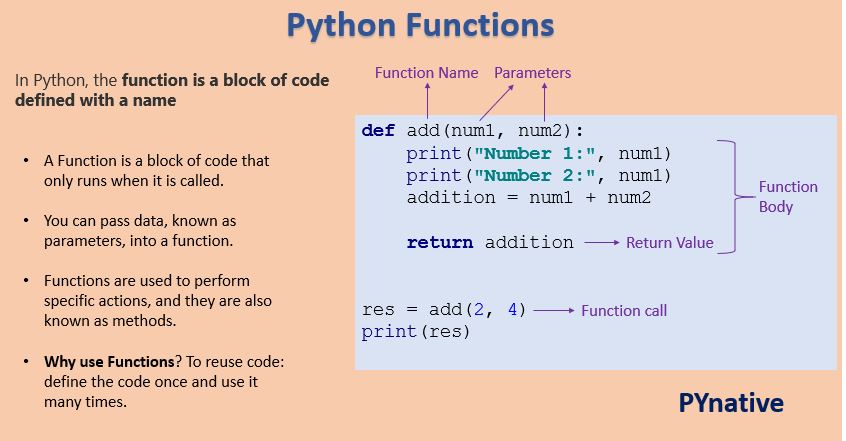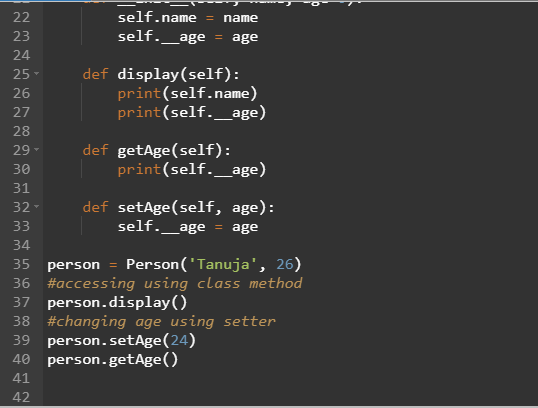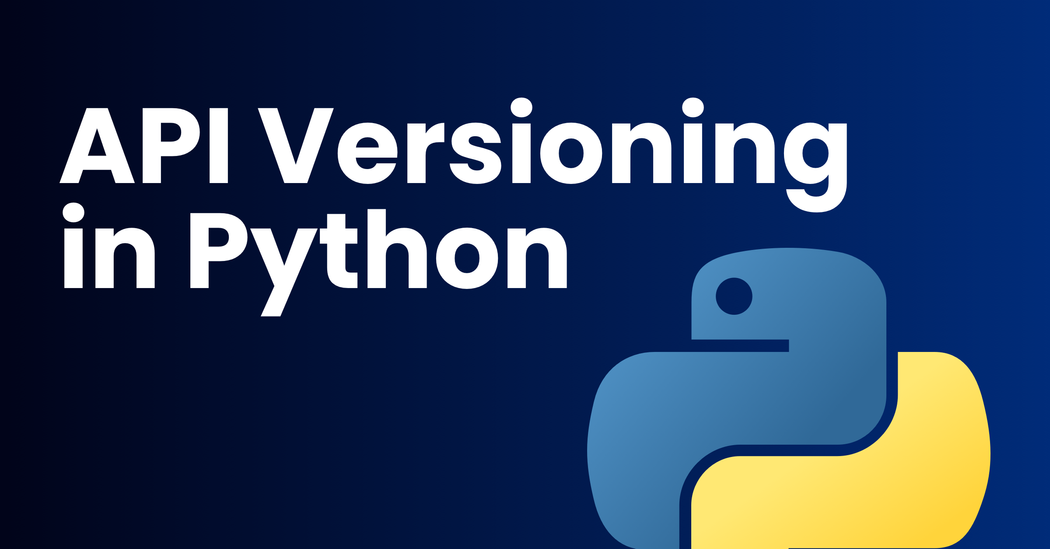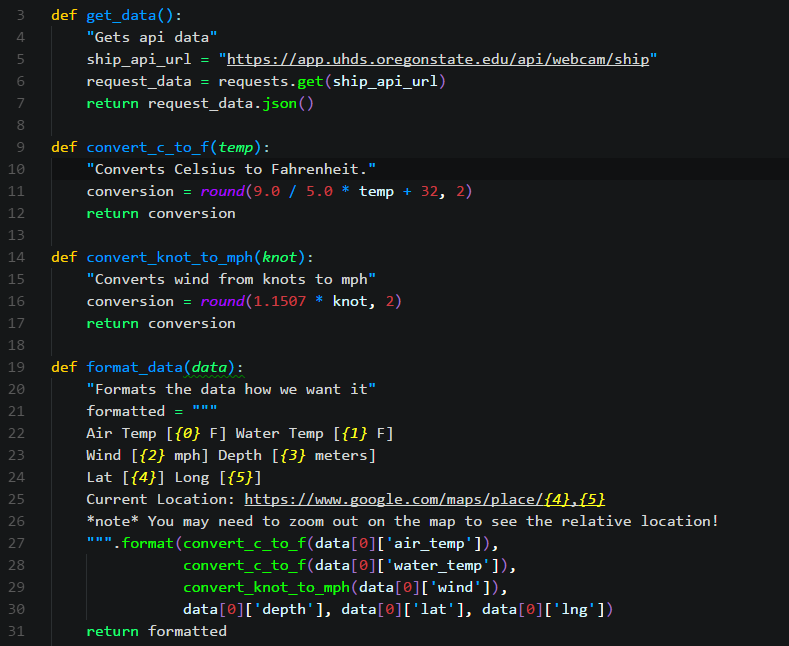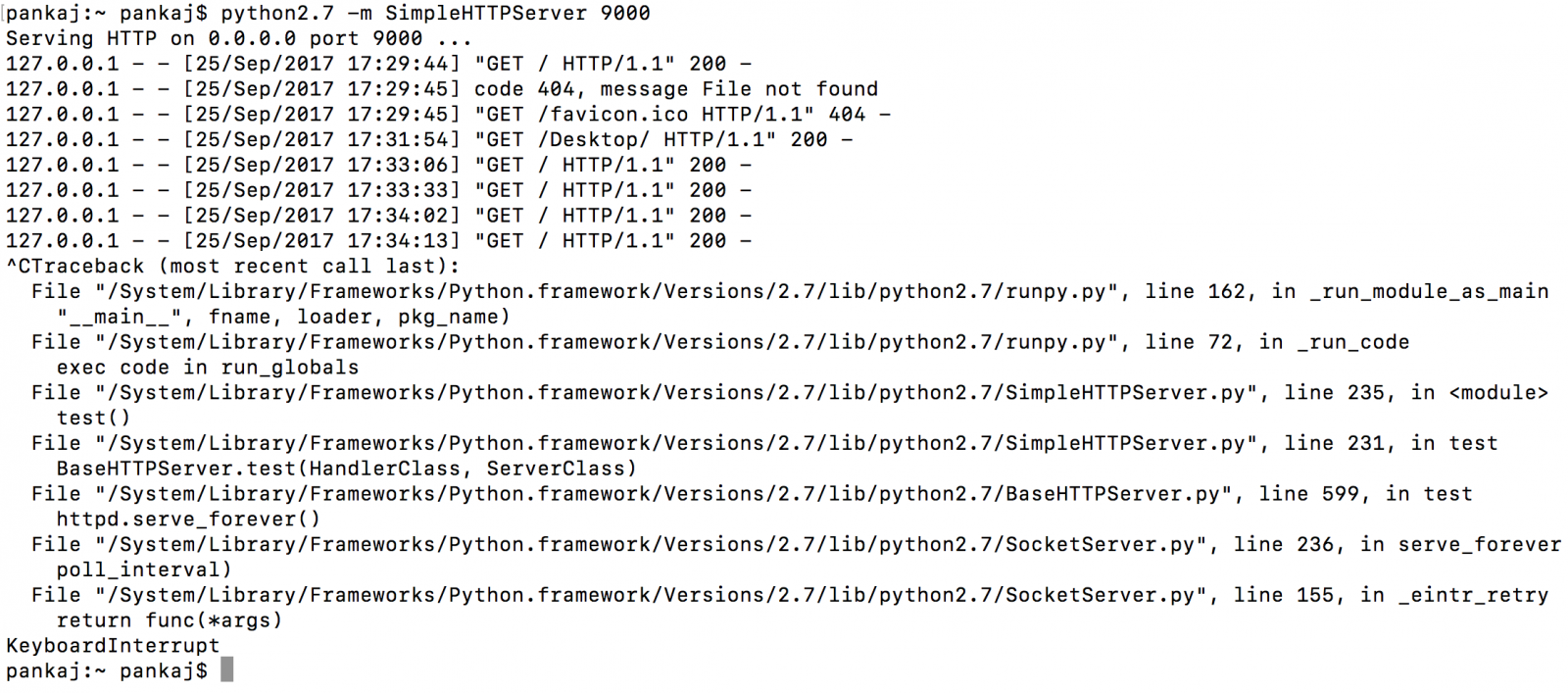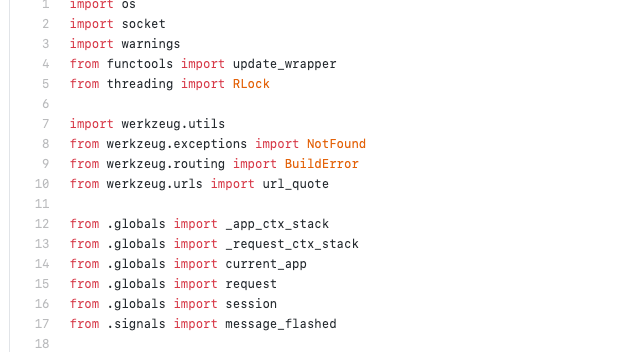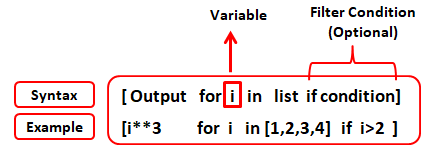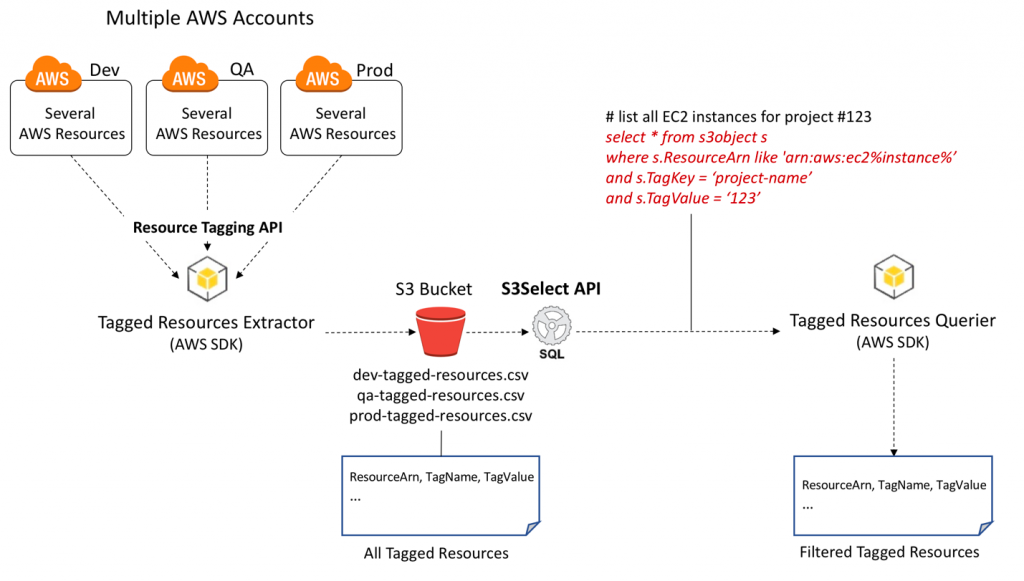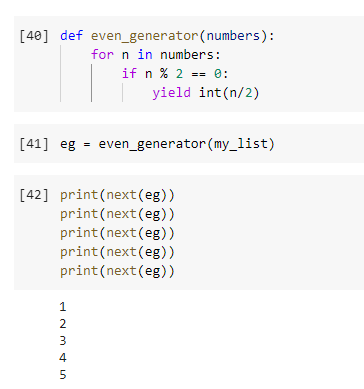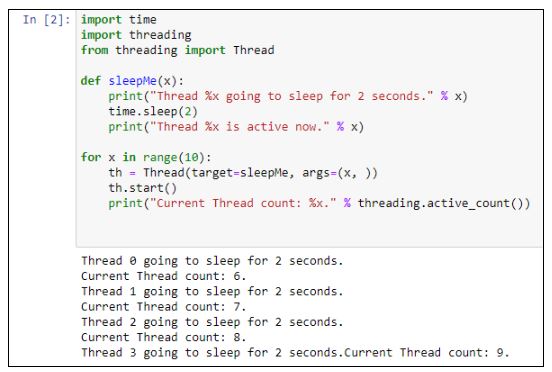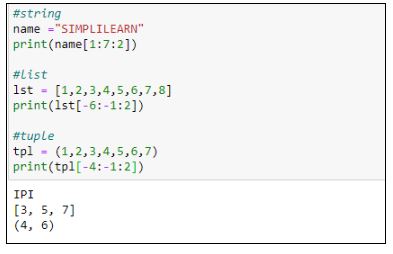Calling a function in Python
Calling a function in Python
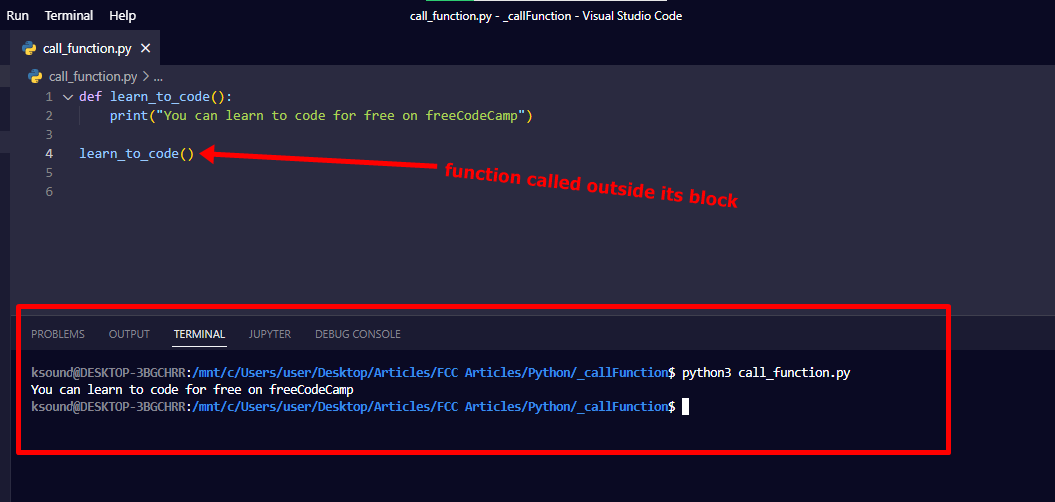
Calling a function in Python is an essential aspect of programming in this popular language. In Python, you can define your own functions using the def keyword followed by the name of the function and its parameters within parentheses.
For example, let's consider a simple function that takes two numbers as input and returns their sum:

def add_numbers(a, b):
return a + b
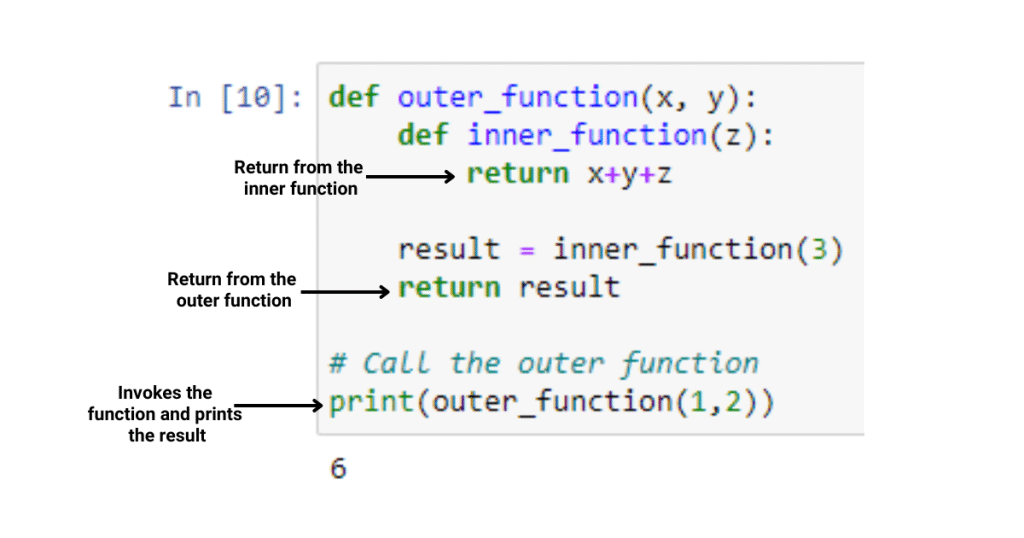
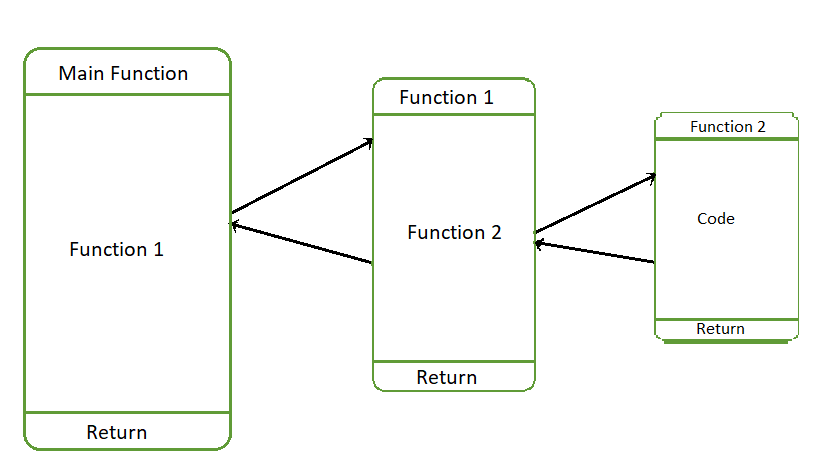
To call this function, you would use the function name followed by parentheses containing any required arguments. For instance, to get the result of adding 2 and 3, you would call the add_numbers function like this:
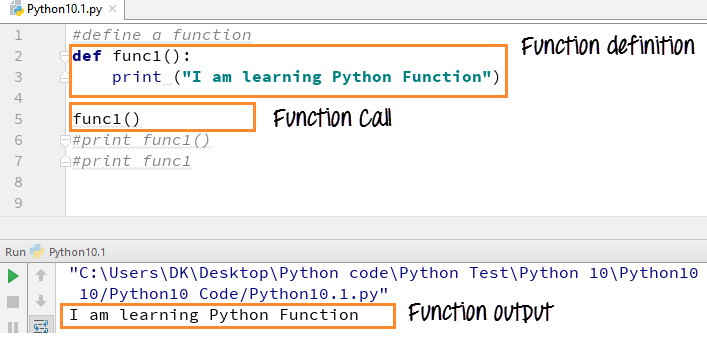
result = add_numbers(2, 3)
print(result) # Outputs: 5
Functions can also take default values for their parameters. This is useful when you want a parameter to have a specific value if it's not provided when the function is called. Here's an example of how you could modify our add_numbers function to include default values:
def add_numbers(a, b=0):
return a + b
Now, if you call this function with only one argument, like so:
result = add_numbers(2) # Outputs: 2
The value of b would default to 0, and the function would simply return the sum of a and 0. If you still want to provide a different value for b, you can do so like this:
result = add_numbers(2, 3) # Outputs: 5
Another useful aspect of Python functions is their ability to use variable numbers of arguments using the *args syntax. For instance, let's say we want a function that takes any number of arguments and returns their average:
def average(*args):
return sum(args) / len(args)
To call this function with different values, you would pass them as separate arguments like this:
result = average(1, 2, 3, 4) # Outputs: 2.5
Or, if you have a list of numbers that you want to average:
numbers = [1, 2, 3, 4]
result = average(*numbers) # Outputs: 2.5
In this case, the *numbers syntax would "unpack" the list into individual arguments for the function.
Finally, let's look at how you can use functions as first-class citizens in Python. This means that functions can be passed around like any other value (e.g., returned from a function or stored in a data structure), and then called later. Here's an example of this:
def add_numbers(a, b):
return a + b
def call_function(func, a, b):
return func(a, b)
result = call_function(add_numbers, 2, 3)
print(result) # Outputs: 5
In this case, we define the add_numbers function as before, and then we define a new function called call_function. The call_function function takes another function (in this case, add_numbers) along with two numbers, and it calls the given function with those numbers. We can then use this call_function to call any of our functions like add_numbers, passing them whatever arguments they need.
I hope that gives you a good introduction to calling functions in Python!
Is def a built-in function in Python?
I'd be happy to help you with that!
The def keyword in Python is used to define a new function, which is a block of code that can be executed multiple times from different parts of your program. A function can take arguments, perform some operation on those arguments, and return a value.
In other words, when you use the def keyword, you are essentially creating a named piece of code that can be reused throughout your program. This is one of the most powerful features of programming languages, as it allows you to break down complex tasks into smaller, more manageable pieces of code that can be easily reused.
Here's an example of how you might use the def keyword in Python:
def greet(name):
print("Hello, " + name + "!")
greet("John") # Output: Hello, John!
greet("Jane") # Output: Hello, Jane!
As you can see, the def keyword is used to define a function called greet, which takes one argument, name. The function then prints out a greeting message that includes the value of name.
One of the key benefits of using functions in Python (or any programming language) is that they allow you to avoid duplicating code. For example, if you wanted to print out greetings for multiple people, you wouldn't have to write a separate block of code for each person - instead, you could just call the greet function with different values for name, and Python would take care of the rest.
Functions are also a great way to organize your code into smaller, more manageable pieces. By breaking down a complex program into smaller functions, you can make it easier to understand and maintain - and even reuse those functions in other parts of your program or in future projects.
So, to answer your original question: yes, def is indeed a built-in function in Python! It's one of the most powerful and fundamental features of the language, and it allows you to create reusable pieces of code that can help you build more complex programs.
